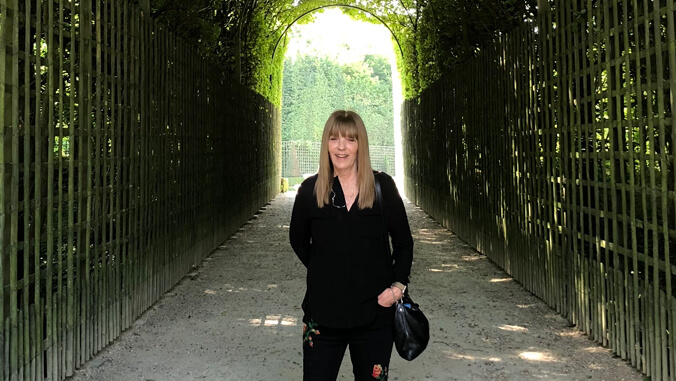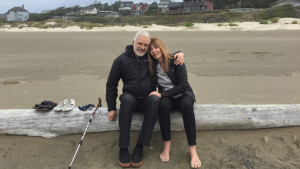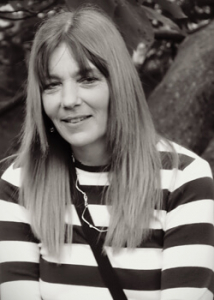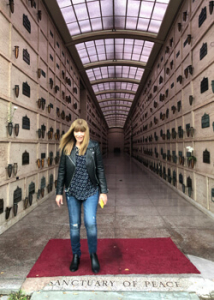
Brilliant, passionate and kind are words commonly used to describe the mana (energy) Mimi Henriksen exuded among colleagues and students who crossed paths with the associate professor during her more than 30-year career in the history department at the University of Hawaiʻi at Mānoa. Loved ones recently created a memorial fund in honor of the award-winning scholar following her death in 2021.

“Mimi was tireless in her devotion to her students. She most enjoyed supporting their interests and developing research projects within the field of U.S. history. Every piece of student work that made it to her desk—including many theses and dissertations—received exhaustive feedback and attention,” said Herbert Ziegler, Mimi’s husband and retired history professor at UH Mānoa.
Exemplary scholar
Born and raised in Oxnard, California, Henriksen earned undergraduate and graduate degrees at University of California, Berkeley, including a PhD. Henriksen’s academic path was also frequently punctuated by prestigious awards and research grants such as the MacArthur Foundation Grant on International Security (1986–87), Eugene C. McCormac Graduate Fellowship at UC Berkeley (1984–85) and (1980–81) and Phi Beta Kappa (1979).
Move to Mānoa

Henriksen’s teaching career at UH Mānoa began in 1988 and would go on to span more than three decades. The Southern California native’s area of research expertise was the Cold War, and she also specialized on the impact of the new postwar nuclear era on American society and culture.
“Mimi was incredibly generous with her time and dedicated much of it to supporting students as they navigated higher education,” said Suzanna Reiss, an associate professor of history at UH Mānoa. “She was one of the most popular professors in our program who left a lasting mark on those who had the privilege to learn from her.”
Henriksen served as graduate chair of the UH Mānoa history department, 2002–06. Her teaching style earned honors such as the Board of Regents’ Excellence in Teaching Award (2000) and Inspirational Teacher Award from the UH Mortar Board Society (1992). Many refer to Henriksen as a renowned mentor to scores of students, many of whom became historians and teachers.

“I would not have found my career as a historian without her. I was never able to repay her but I’ve tried to pay it forward,” wrote Naoko Shibusawa, an associate professor of history and American studies at Brown University. Henriksen was Shibusawa’s teaching assistant at UC Berkeley in the 80s, and the two would later become colleagues for a few years at UH Mānoa. “Her way of caring for her students has profoundly shaped the way I try to be present for my students.”
Henriksen published works about new consumer technologies and how “mass” society had created fertile ground for more flexible and progressive social categories related to gender, race, sexuality and class. In 1997, she released Dr. Strangelove’s America: Society and Culture in the Atomic Age.
She is survived by husband Herbert and daughter Alex.
For more on the Mimi Henriksen Memorial Award, go to the UH Foundation website.

